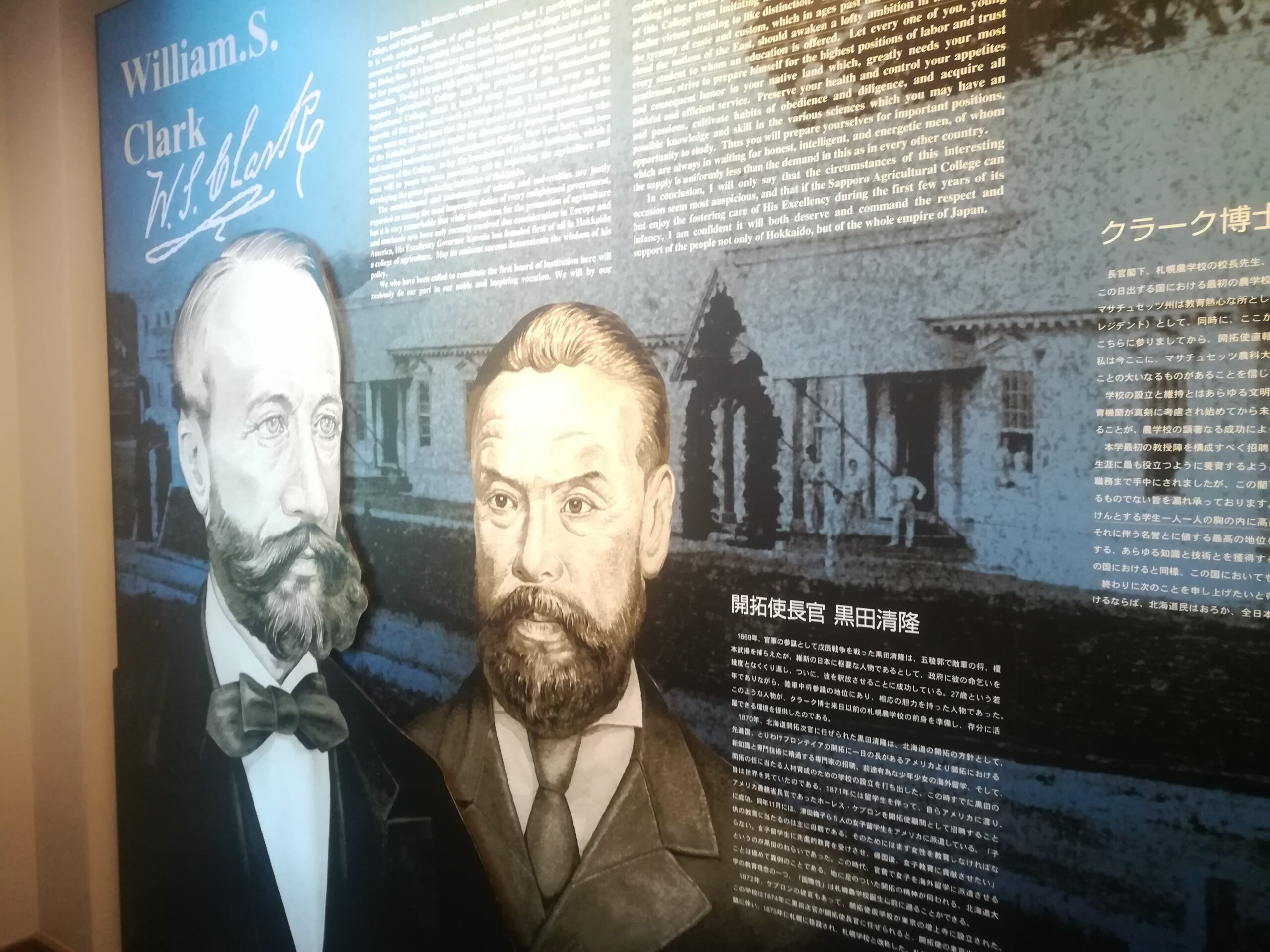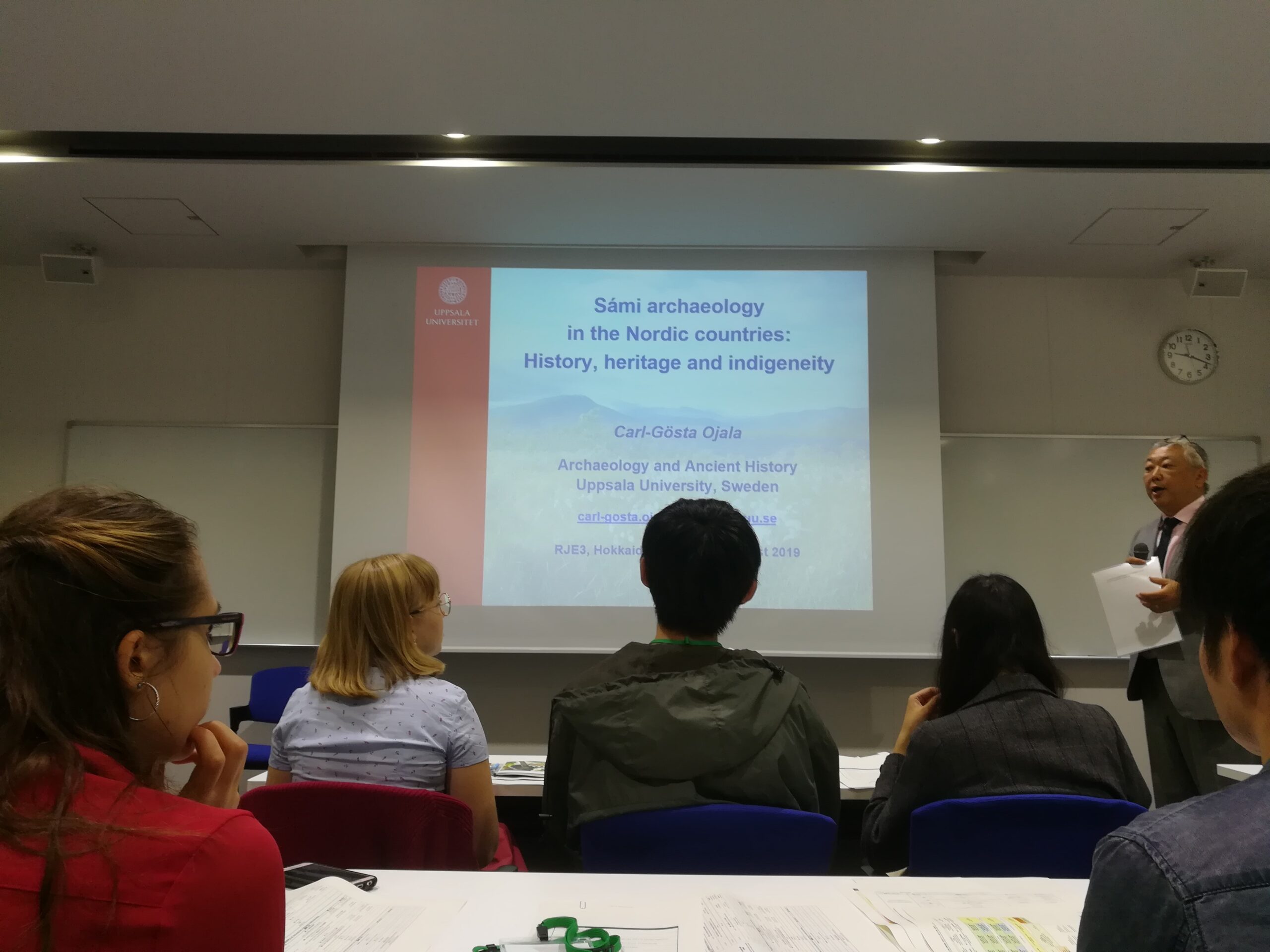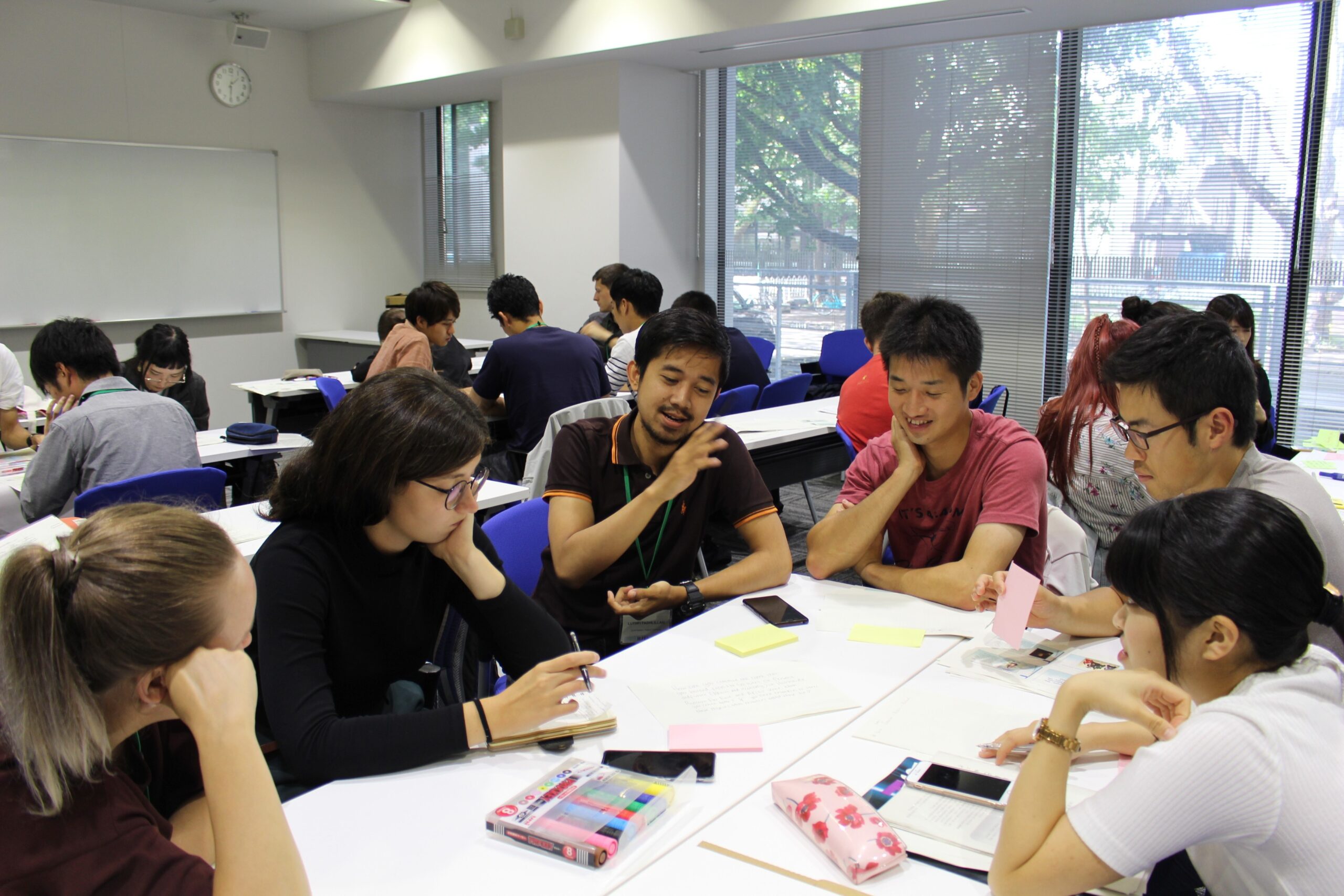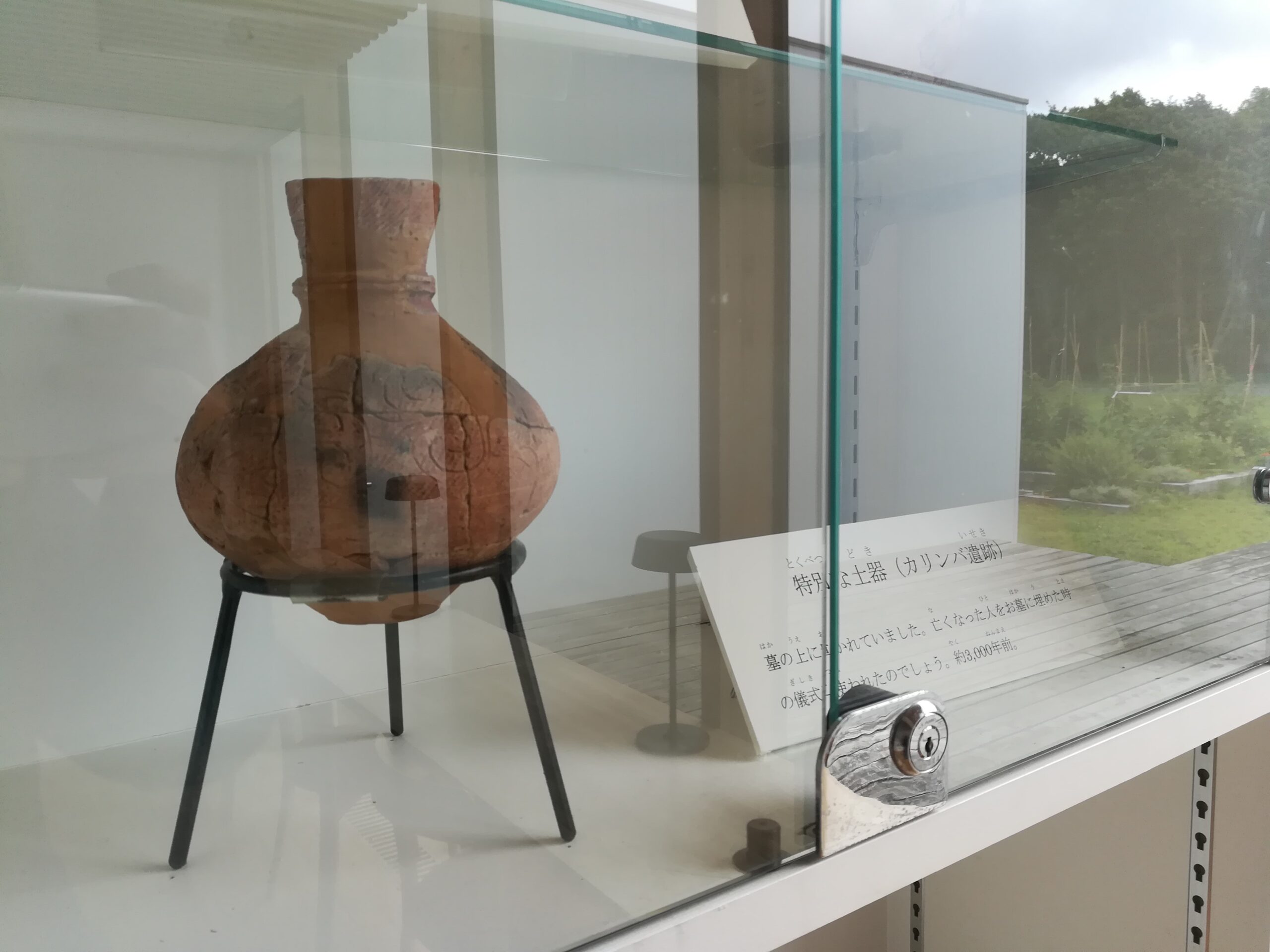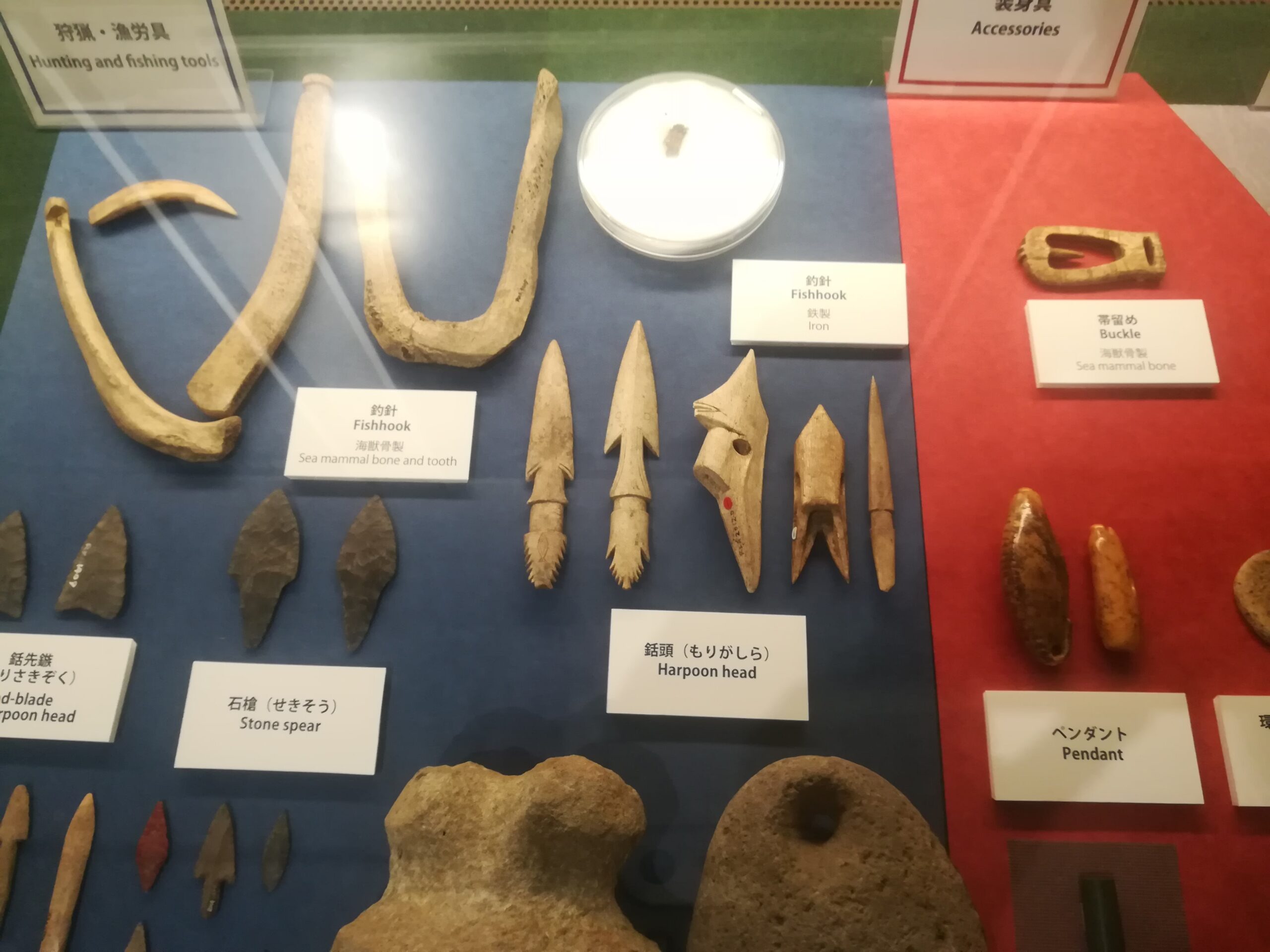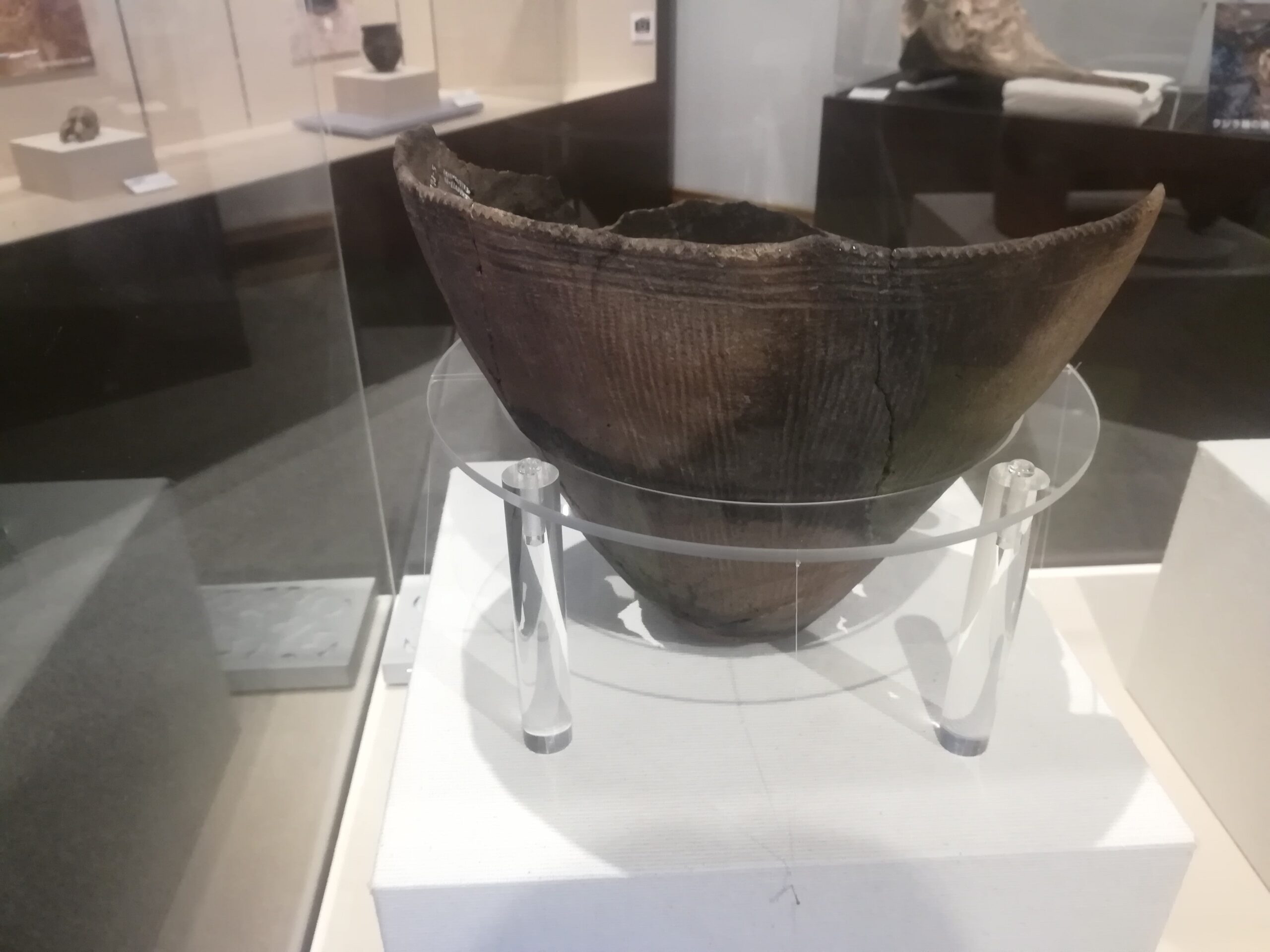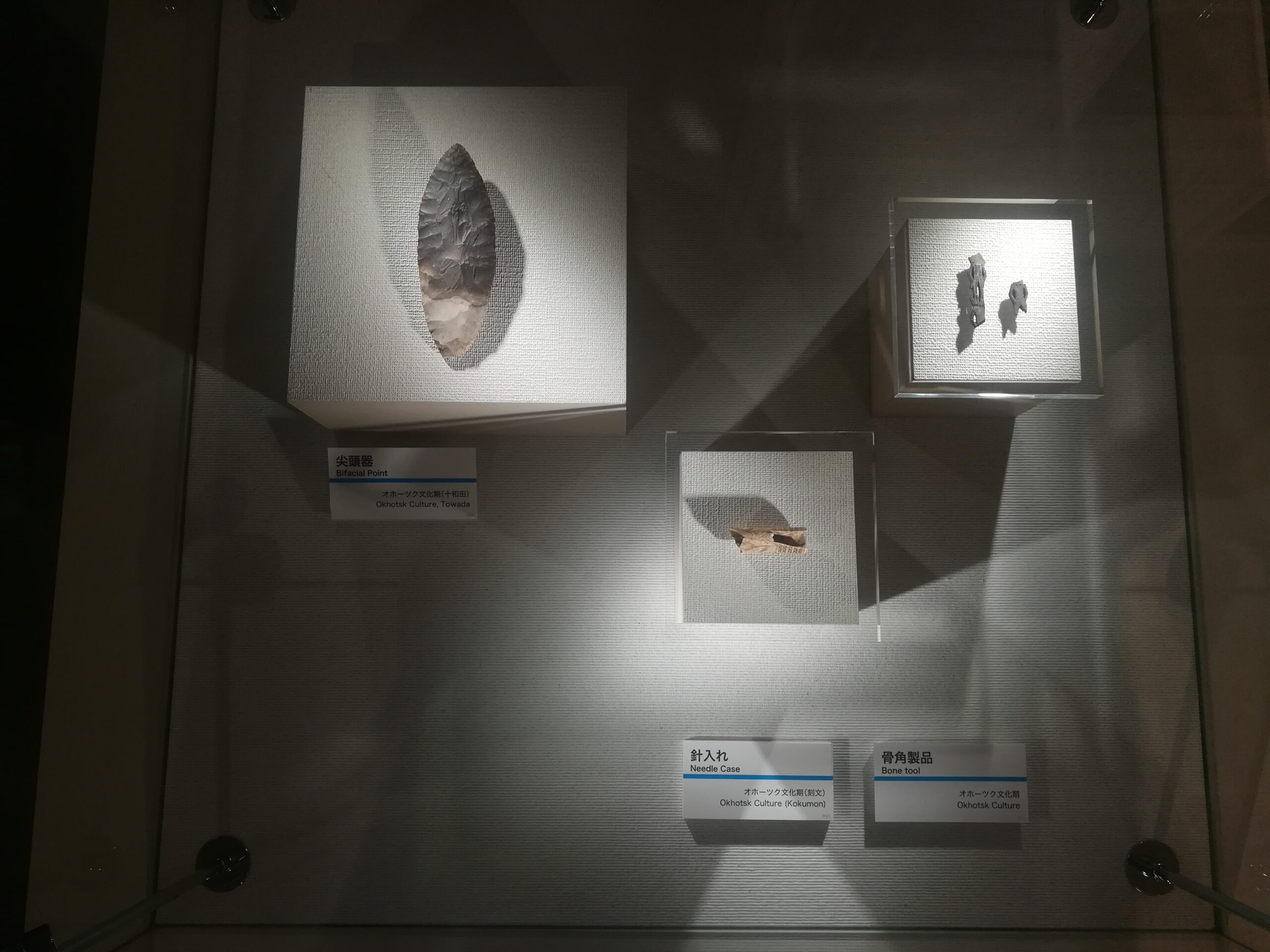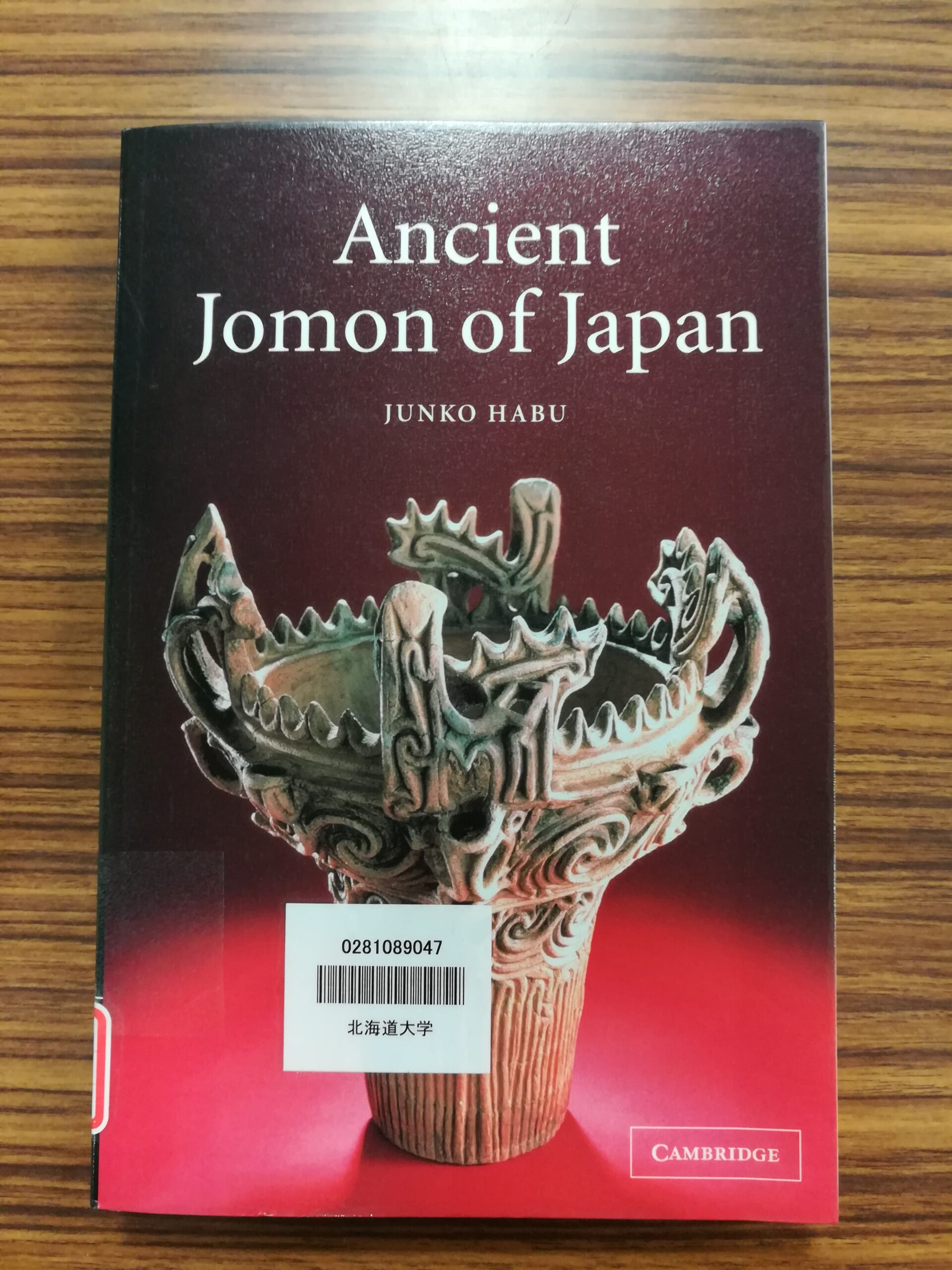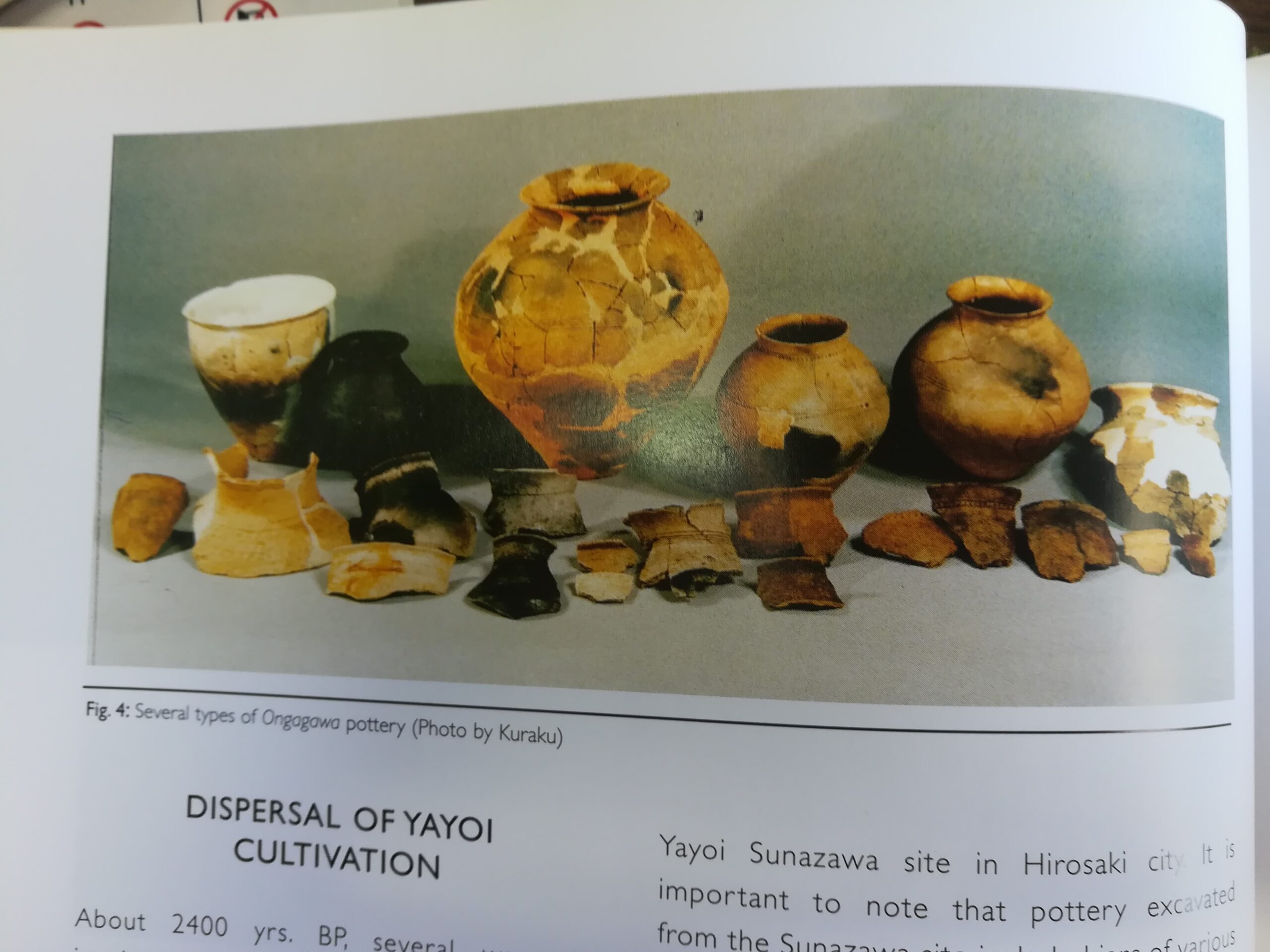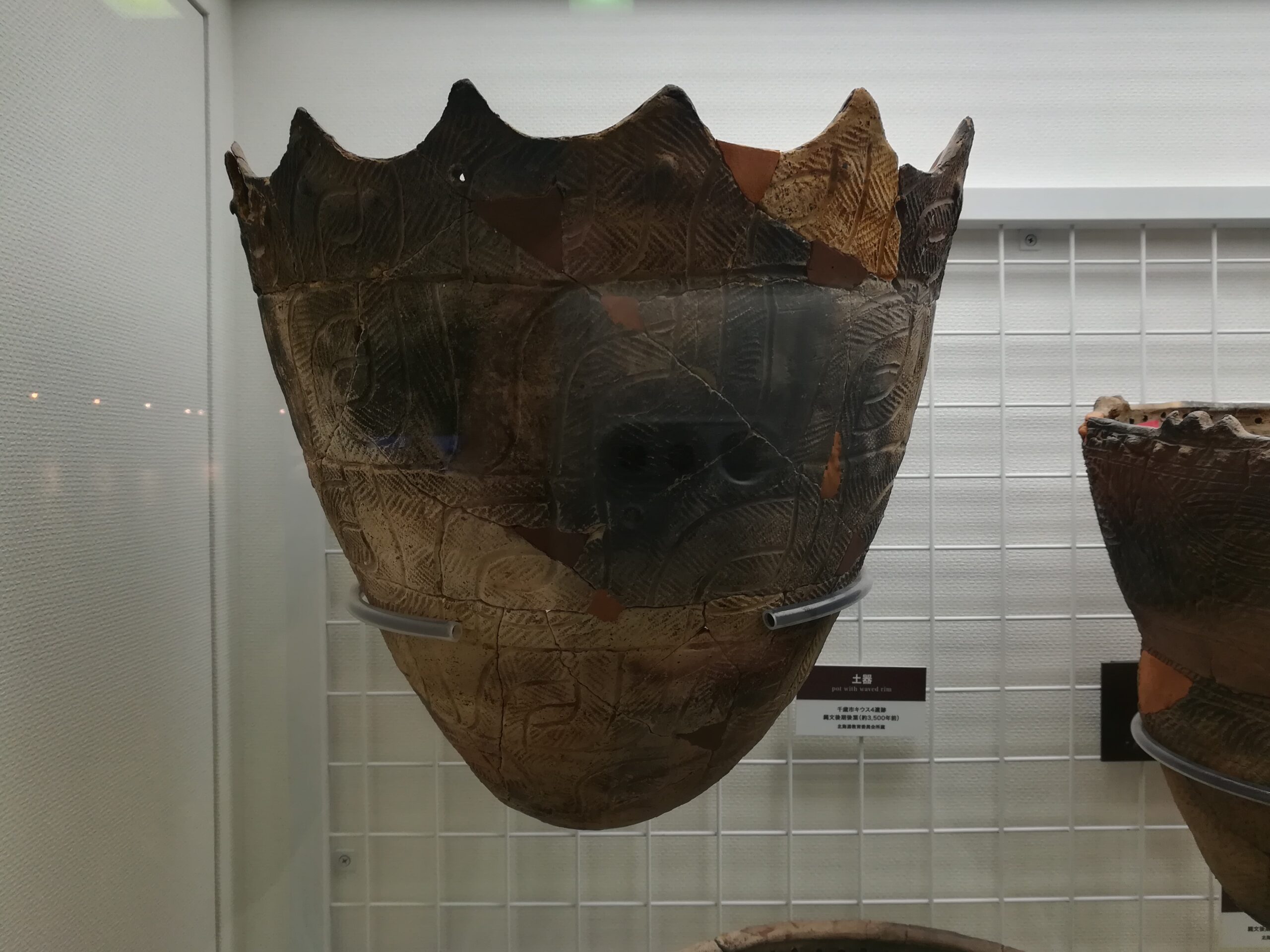Experience in Short-term
Abrashina Mariia
Home University:Irkutsk State University
Graduate school: School of Humanities
Course・Year: Master Course 2
Period of time: 19 August 2019 ~31 August 2019
Host University: Hokkaido University
FY2019 Basic Subjects
From August 19 to August 31, 2019 I participated in the program of the Hokkaido University Summer School as part of the Russian-Japanese educational project RJE3 – I attended two courses – a special seminar “Field School for the Development of Technologies in Cold Regions” and the course “Introduction to the Far East and Arctic: environment, culture and sustainable development”
This internship provided me with tremendous opportunities both linguistically and professionally. In addition to obtaining useful knowledge about the history and ethnography of vast regions of the Far East and the Arctic as part of the courses, I managed to visit the libraries of Hokkaido University, rich in collections including English-language scientific literature. It is great that even students coming for a short time had access there. In addition to lectures and seminars, Hokkaido University organized numerous excursions around the city and the campus.
In our free time, we also managed to visit the port city of Otaru, which is famous for its Ainu origin and the Museum of Hokkaido, rich in interesting interactive exhibits.
For two weeks, university professors participating in the program delivered lectures on regional development, architecture, ethnography, history and international relations in the Far East, Eastern Siberia and the Arctic. Professor Sergey Kuznetsov and associate professor Elizaveta Matveeva took part in the program from the ISU Faculty of History as lecturers.
The program of the seminar included master classes, excursions and lectures by professors from Hokkaido University regarding the development of architecture, economics and the social environment of Fr. Hokkaido Much attention was paid to the history and climatic and geographical features of the region, as well as the introduction to the main problems of the region, the peculiarities of Japanese technology in architecture and urban planning. The most impressive were excursions conducted in government buildings, various research institutes and in private engineering and architectural companies.
Lecture in the richest architectural company NIKKEN (the director of this company gave us a lecture!!!)
In the process of passing the Field School, the participants got acquainted with the main cases and technologies in the field of architecture and design of the social environment of the northern regions.
The second course was thematically heterogeneous, as new subjects were identified for each day, on topics such as history and culture, politics and economics, the environment, and regional development features of the Far East and the Arctic. As part of the lectures, group discussions were held every day. Also, at the end of both programs, school participants presented a group final presentation on the application of the acquired skills in their professional field. This part was most useful in regards to acquiring new acquaintances and building teamwork skills, since short deadlines and rather global themes for reflection were given for discussion and preparation of the presentation.
My Archaelogical mining



